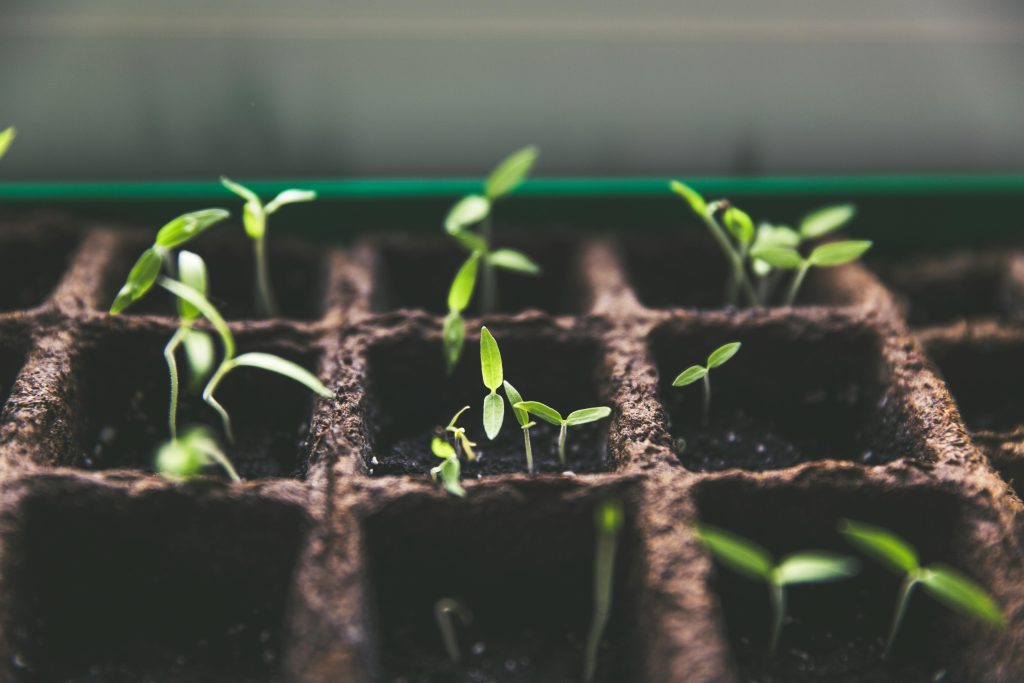Jakarta, Kumparan – Rice husk charcoal is widely used as a growing medium because of its many benefits for plants, flowers, and even crops, especially in hydroponics.
Rice husk charcoal is produced through the pyrolysis process of rice husks, creating a lightweight, porous, and eco-friendly material. Farmers and gardeners often choose this material because it is affordable and highly effective in improving soil health.
If you are considering using rice husk charcoal for plant cultivation, here are its main characteristics and benefits.
Characteristics of Rice Husk Charcoal
According to Rice Husk Transformation by Sharma Thaha et al., rice husk charcoal has several unique characteristics:
- High porosity, allowing water and nutrients to be absorbed effectively
- Lightweight, making it easy to mix with soil
- Does not easily clump
- Can absorb harmful substances and release them through watering
- Affordable compared to other soil conditioners
9 Benefits of Rice Husk Charcoal for Plants
Based on Papua Red Fruit Seeds Charcoal as Growing Medium and various agricultural studies, the use of rice husk charcoal for plants provides multiple benefits:
- Keeps Soil Loose
The lightweight and porous structure prevents soil from becoming too compact, ensuring good root growth. - Supports Beneficial Microorganisms
Rice husk charcoal provides a healthy environment for soil-friendly microbes and earthworms, which help improve soil fertility. - Increases Soil pH
With a naturally high pH level (8.5 – 9.0), rice husk charcoal can help neutralize acidic soils, making it more suitable for crop growth. - Maintains Soil Moisture
Its porous structure traps water, ensuring soil stays moist for longer periods, especially useful in dry seasons. - Improves Nutrient Retention
The absorption capacity of rice husk charcoal allows soil to hold essential nutrients, preventing them from being washed away. - Reduces Toxic Substances
It helps neutralize and absorb harmful compounds, protecting plants from soil-borne toxins. - Eco-Friendly Growing Medium
As a byproduct of rice milling, using rice husk charcoal reduces agricultural waste and supports sustainable farming practices. - Cost-Effective Soil Conditioner
Compared to other soil amendments, rice husk charcoal price is relatively low, making it affordable for farmers and gardeners. - Ideal for Hydroponics and Seedlings
Because it is lightweight and sterile, rice husk charcoal is excellent for hydroponics systems and as a medium for seedlings.
Conclusion
The use of rice husk charcoal for plant growth offers numerous benefits, from improving soil structure to supporting eco-friendly farming practices. With its affordable rice husk charcoal price and effectiveness, it has become a popular choice for farmers and gardeners worldwide.
If you are looking for a natural and sustainable way to boost your crops, rice husk charcoal is definitely worth considering.

